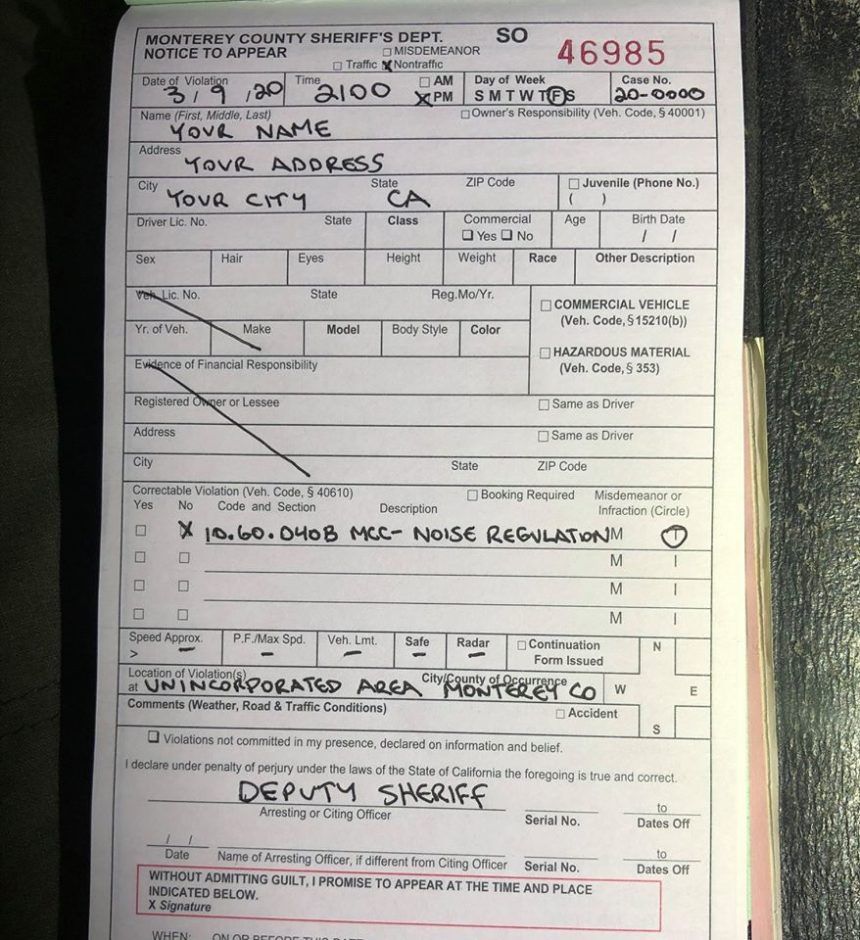

A legatee is a person who receives a specific asset from the deceased estate. Once the Executor has finalised all the administration in the deceased estate, the remaining assets (after paying all the debts) will be distributed to the beneficiaries.Ī beneficiary can consist of either heirs and/or legatees. The person who administers a deceased estate is called an ‘ Executor’.

Assets in a deceased estate can amongst other things include immovable property (house), movable property (car, furniture, etc), cash in the bank, etc. This estate is called an estate of a deceased person (commonly known as a ‘ deceased estate’). When a natural person (taxpayer) dies, that person is called a ‘ deceased person’ and all his or her assets on date of death will be placed in an estate. 19 February 2021 – Estate Duty Implications on Key Man Policies – External Guide.For more information, scroll down to the Share Valuations paragraph. For the valuations to be done, valuation packs together with the Valuation Pack Checklist, must be provided to the Share Valuations Team at the following address. Do you want to finalise the estate as quickly as possible? The Administration of Deceased Estates leaflet will assist you to understand the parties involved and the process to report a death and an estate.Ģ0 October 2021 – The Commissioner must approve the valuation of shares held by the deceased person in unlisted companies/close corporations or shareblock companies at the time of death. 6 July 2022 – Administration of Deceased Estatesĭo you know what should happen after your family member had passed on? The surviving spouse, children, parents and heirs are directly impacted by the death of the deceased.7 July 2022 – Updated Frequently Asked Questions: Deceased Estates.
#Examples of resident letters for july 4th office closing how to
See the below webpage for information and clarification on whether the executor can be held personally liable for estate duty and when and how to request the Deceased Estate Compliance (DEC) letter.


 0 kommentar(er)
0 kommentar(er)
